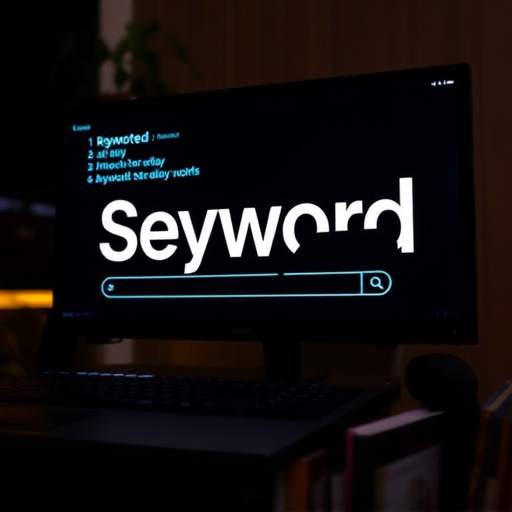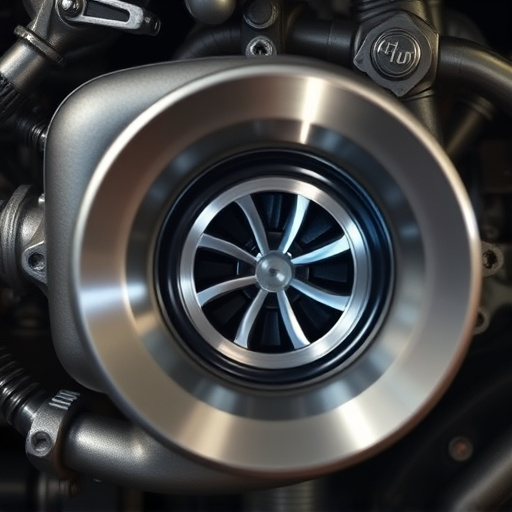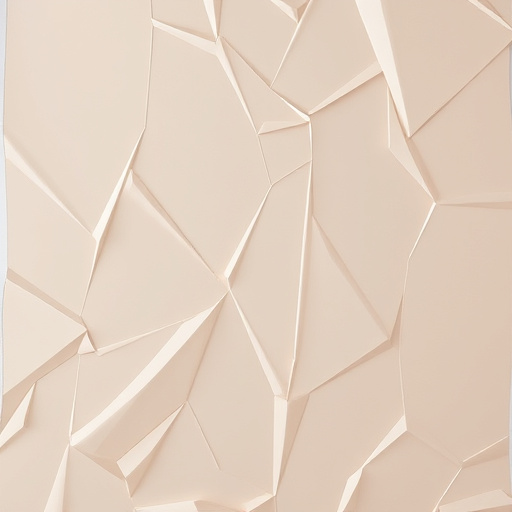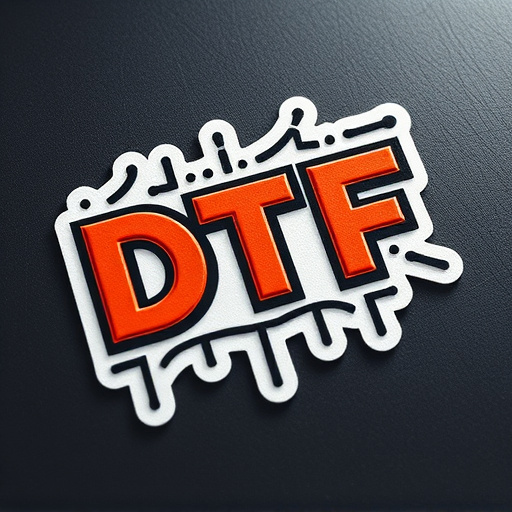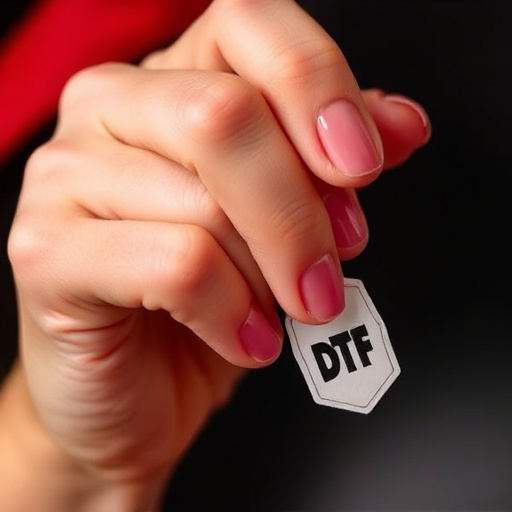DTF water-based inks are gaining popularity for their eco-friendly benefits and efficiency in custom graphic tee printing. They reduce clogging, minimize ink waste, speed up production with fast drying times, and enable high-quality design creation on diverse fabrics via a simplified transfer process. Unlike solvent-based inks, DTF water-based options are gentle on printer equipment, eliminate harsh chemicals during curing, and offer a superior fabric printing solution for businesses seeking optimization.
Discover how DTF water-based inks are transforming the printing industry by reducing clogging and ink waste. This innovative technology offers a sustainable solution for printers, promoting longevity and environmental responsibility. By understanding the fundamentals of DTF inks and their unique properties, you’ll grasp why they’re becoming the preferred choice for efficient, high-quality printing. Explore the benefits and unlock a more streamlined printing process today with DTF water-based inks.
- Understanding DTF Water-Based Inks: The Basics
- How DTF Inks Reduce Clogging and Waste
- Benefits for Printers: Longevity and Sustainability
Understanding DTF Water-Based Inks: The Basics

DTF (Direct to Fabric) water-based inks have gained significant popularity due to their ability to reduce clogging and minimize ink waste during the printing process. Unlike traditional solvent-based inks, DTF water-based inks are eco-friendly and easily soluble in water, making them a preferred choice for printers looking to adopt more sustainable practices. These inks are specifically designed for application directly onto light fabrics, ensuring vibrant colors and crisp details.
The versatility of DTF printing for light fabrics allows for the creation of high-quality designs on various materials such as cotton, rayon, and poly blends. The DTF transfer process involves transferring the ink from a printing plate or screen directly onto the fabric, resulting in a fast and efficient production line. This method offers numerous benefits, including reduced setup time, lower production costs, and the ability to print complex patterns with ease.
How DTF Inks Reduce Clogging and Waste

DTF (Direct to Fabric) water-based inks have gained significant popularity in the custom graphic tee industry due to their ability to reduce clogging and ink waste, making them an eco-friendly and efficient choice for bulk DTF shirt production. Unlike traditional solvent-based inks, which can be viscous and prone to clogging in heat presses, especially when printing fine details or intricate designs, water-based DTF inks have a lower viscosity. This property allows them to flow smoothly onto the fabric, ensuring precise color deposition and minimal ink buildup in the print head.
Moreover, these inks dry quickly on the garment, which reduces the risk of smudging during the heat press process. The fast drying time facilitates faster production rates, making DTF ideal for high-volume custom graphic tee printing. By minimizing clogging and waste, DTF water-based inks not only enhance the printing experience but also contribute to a more sustainable manufacturing process.
Benefits for Printers: Longevity and Sustainability

One of the most significant advantages of using DTF (Direct-to-Fabric) water-based inks is their positive impact on printer longevity and sustainability. Traditional printing methods often rely on solvent-based inks, which can be harsh on equipment and contribute to ink waste due to their high viscosities. In contrast, DTF water-based inks offer a gentler approach. They are designed to easily pass through the nozzles of printers, reducing the risk of clogging that plagues many printers with solvent inks. By minimizing clogs, printers experience less downtime for cleaning and maintenance, ensuring consistent performance over extended periods.
Moreover, these water-based inks are eco-friendly, aligning with sustainability goals. They do not require harsh chemicals for curing or fixing on fabrics, making them a safer and cleaner option. This reduces the environmental footprint associated with traditional printing methods, contributing to a greener production process. Additionally, DTF transfer sheets, when paired with water-based inks, enable efficient printing on light fabrics, expanding the range of materials printers can work with while maintaining high-quality outcomes and minimizing ink wastage—a key benefit for businesses looking to optimize their fabric printing processes.
DTF water-based inks represent a significant advancement in printing technology, offering printers an eco-friendly alternative that reduces clogging and minimizes waste. By leveraging water as a solvent, these inks provide longevity and sustainability benefits, making them an ideal choice for modern print shops looking to streamline operations while reducing their environmental footprint.





